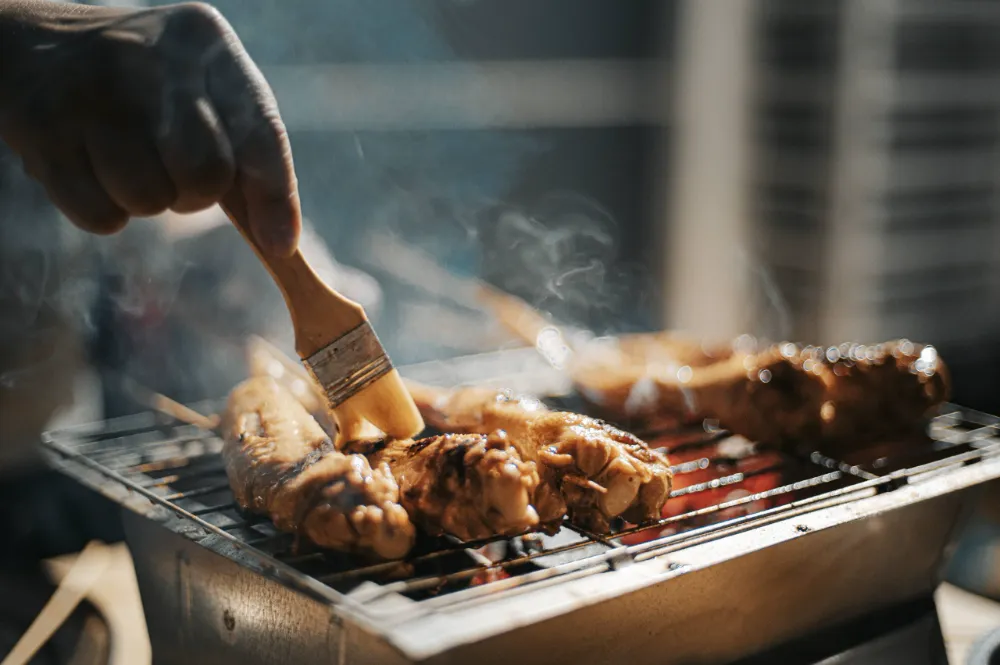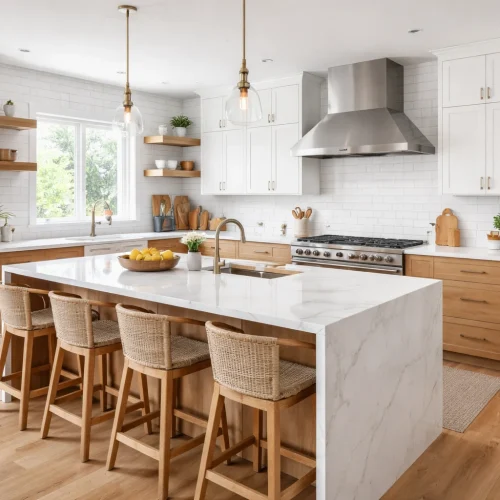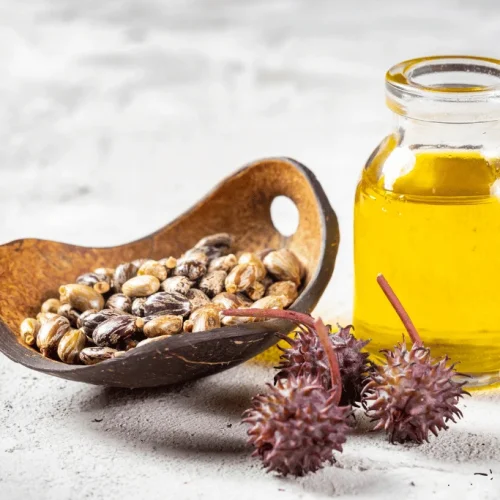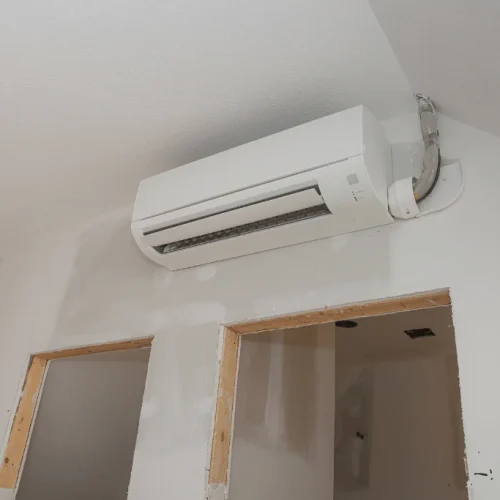
For many backyard chefs and outdoor cooking enthusiasts, few things match the rich, smoky flavor of food cooked on a grill. When it comes to choosing the right grill, one of the most common debates is between charcoal grills and gas grills. While both have their advantages, flavor is often the deciding factor. Let’s take a closer look at why charcoal grills are widely regarded as the choice for taste, and how they compare to gas grills.
The Flavor Advantage of Charcoal Grills
Charcoal grills are known for imparting a distinct, smoky taste that is difficult to replicate with gas. This flavor comes from the way the charcoal burns, producing smoke and aromatic compounds that infuse the food. Whether it’s burgers, steaks, or vegetables, many grill enthusiasts agree that charcoal grills deliver a depth of flavor that gas grills often can’t match.
Additionally, using hardwood lump charcoal or adding wood chips to the fire can create subtle flavor variations, allowing home cooks to experiment with hickory, applewood, or mesquite flavors. The combination of high heat and smoke creates a Maillard reaction on meats, producing the signature sear and caramelization that is highly sought after in grilling.
How Gas Grills Differ
Gas grills, on the other hand, are known for convenience and consistency. They heat up quickly, maintain a steady temperature, and allow for precise control over cooking times. While gas grills can produce good flavor, the taste is generally cleaner and less smoky compared to charcoal. Many people prefer gas grills for everyday cooking due to their ease of use, but when it comes to the classic “grill taste,” charcoal often takes the lead.
Factors Affecting Flavor
It’s worth noting that the final taste depends on more than just fuel type. Factors like grill temperature, cooking technique, type of charcoal, and even the food itself all play a role. For example:
- Direct vs. Indirect Heat: Charcoal grills allow flexible heat zones, which can enhance flavor development.
- Wood Chips and Smoke: Adding flavored wood chips to charcoal can elevate the taste profile of your dishes.
- Grill Material: A well-constructed charcoal grill retains heat efficiently and helps achieve a better sear.
Why Charcoal Grills Remain Popular
Despite the convenience of gas grills, charcoal grills remain popular among purists and flavor-focused cooks. The tactile experience of managing the fire, adjusting vents, and watching coals glow adds a sense of craftsmanship to the cooking process. For many, the slight learning curve is part of the appeal, because it allows them to control the flavor nuances of each meal.
Moreover, charcoal grills can reach higher temperatures than many gas grills, which is ideal for searing steaks or achieving that perfect crispy exterior on meats and vegetables. This intense heat, combined with the smoky aroma, is often cited as the reason charcoal-grilled food tastes more “authentic.”
Conclusion
When it comes to flavor, charcoal grills typically outperform gas grills, providing a smoky, rich taste that many outdoor cooking enthusiasts prefer. While gas grills offer convenience and consistent heat, charcoal grills give cooks the ability to experiment with smoke, heat, and cooking techniques to create deeply flavorful meals.
Whether you’re a weekend griller or a dedicated backyard chef, understanding the flavor differences between charcoal and gas can help you choose the right grill for your culinary goals. For those seeking that classic, smoky outdoor taste, a well-maintained charcoal grill remains hard to beat.













